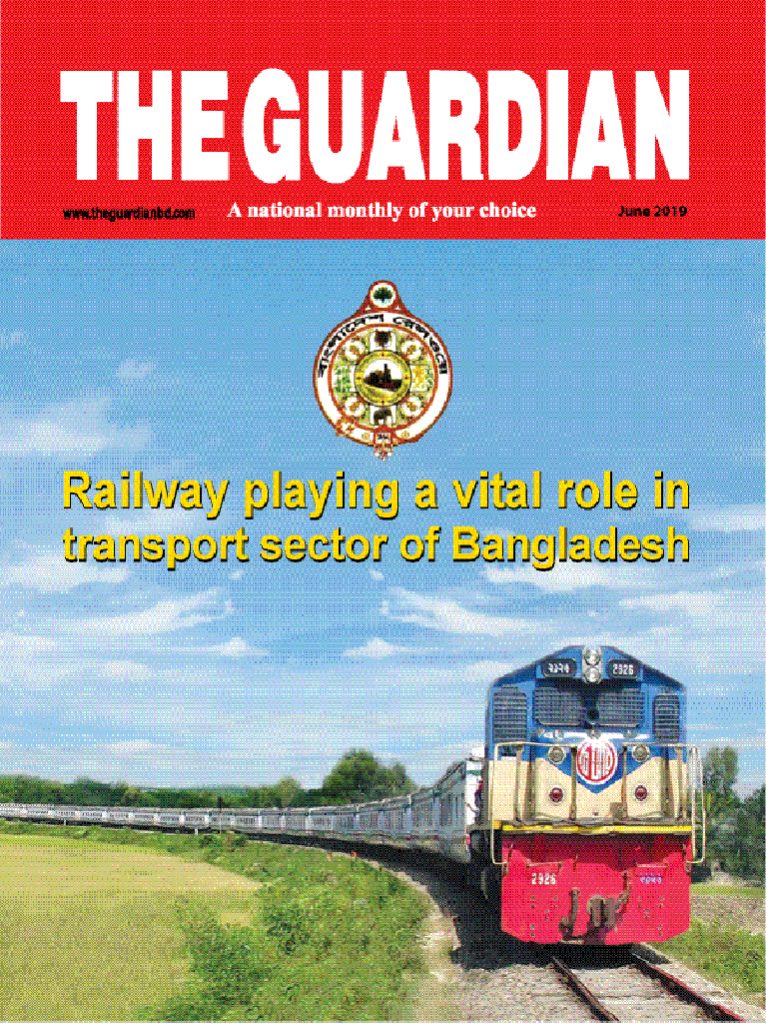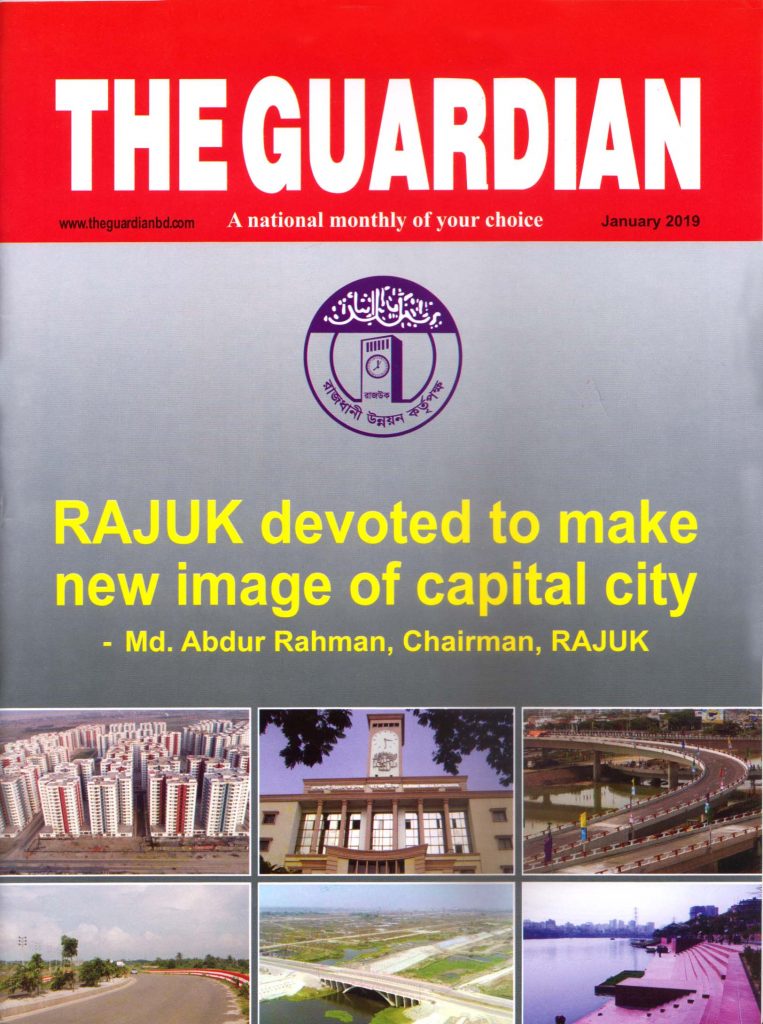Russia has tightened its military grip on Ukraine’s Crimea region, taking de facto control despite Western demands that it withdraw.
Thousands of Russian troops are securing the region. Foreign Minister Sergei Lavrov said they were defending Russian citizens and human rights.
The world’s seven major industrialised powers have condemned Moscow’s “violation of Ukraine’s sovereignty”.
Ukraine has ordered full mobilisation, urging more international support.
Russia says it is protecting its interests and those of Russian-speakers in Ukraine following the ousting of pro-Russian President Viktor Yanukovych last month.
Mr Lavrov said in Geneva on Monday that Russian troops were needed in Ukraine “until the normalisation of the political situation”.
The crisis hit Russian stock markets, with Moscow’s main MICEX index dropping 9% in early trading. The rouble fell to a fresh all-time low against the US dollar and Russia’s central bank raised its key lending rate to 7% from 5.5%.
The BBC’s Mark Lowen in Sevastopol says Crimea is now under de facto Russian armed control although no shots have been fired.
He says two large Ukrainian military bases are surrounded and key installations like airports are occupied.
Thousands of newly arrived Russian elite troops far outnumber Ukraine’s military presence, he says, with roadblocks cutting off Crimea.
Ukrainian border guards have reported a build-up of armoured vehicles on the Russian side of the sea channel dividing Russia and Crimea.
Pro-Russian troops have taken over the ferry terminal in far-eastern Crimea that operates services to Russia.
There have also been further movements of Russian ships in the Black Sea – Sevastopol is the base of the Russian Black Sea Fleet.
Some mobile phone services are reported to be blocked.
Ukrainian navy commanders on Monday confirmed their loyalty to Ukraine, the Interfax-Ukraine news agency reported, despite an attempt by pro-Russian personnel to enter the navy HQ in Simferopol and force them to switch allegiance.
The BBC’s Sarah Rainsford in Kiev says Ukraine’s interim government has called for more international support to force Russian troops to leave.
She says that while Kiev hopes to resolve this crisis through dialogue, it is now mobilising its military forces.
Men across Ukraine have been receiving call-up papers and will start reporting for 10 days training from Monday.
Our correspondent says there is widespread anger at Russia’s actions – and many Ukrainians say they are prepared to fight to defend their territory, although militarily Ukraine is no match for its powerful neighbour.
Late on Sunday, the G7 of major industrialised powers condemned Moscow’s military build-up.
In a statement released from the White House, the grouping said it condemned “the Russian Federation’s clear violation of the sovereignty and territorial integrity of Ukraine”.
It added: “We have decided for the time being to suspend our participation in activities associated with the preparation of the scheduled G8 Summit in Sochi in June.”
G7 finance ministers said they were ready “to provide strong financial backing to Ukraine”.
Ukraine needs $35bn over the next two years, according to the finance ministry.
A Ukrainian central bank official told Reuters that an International Monetary Fund team would arrive in Kiev on Monday.
Diplomatic moves are continuing, to try to find a solution to the crisis.
European Union foreign ministers are due to meet in emergency session in Brussels.
The UN said on Sunday that Deputy Secretary-General Jan Eliasson was travelling to Ukraine to be “personally apprised of the facts on the ground”.
UN Secretary General Ban Ki-moon is to meet Mr Lavrov in Geneva on Monday.
UK Foreign Secretary William Hague has arrived in Kiev for talks with the new government.
He said the crisis in Ukraine was the biggest that Europe had faced this century.
US Secretary of State John Kerry is to travel to Ukraine on Tuesday. President Barack Obama has called Russia’s actions a breach of international law and a threat to peace and security.
Ukraine’s Interim Prime Minister Arseniy Yatsenyuk has warned that his country is “on the brink of disaster”.
Moscow has not recognised the government that took power in Kiev last month after ousting Mr Yanukovych.
Mr Yanukovych’s decision in November to abandon closer ties with the EU in favour of Russia sparked massive protests in Kiev, which ended in a bloodbath, as dozens of protesters were shot dead in clashes with police.









